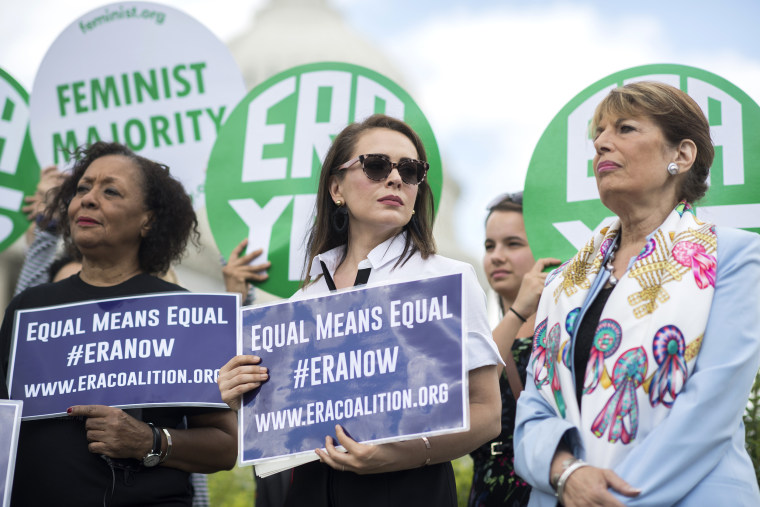I have always been keenly aware of what it takes for women to succeed in our culture. This is historical, of course, but also personal.
When I was in grade school, I watched my mother and aunts relegated to home and hearth while my father and uncles ran their own businesses. Their lives looked more exciting; it was obvious they had more options.
While that was decades ago — on the eve the second waves of feminism and the march to the workplace — women today still do not have equal opportunities as men. Despite the great gains made by women, a gender bias remains across the board. And this affects all of us at any age, not just women working in certain industries.
Of the 168 million women in our country, many of us have felt marginalized in some way at some point in our lives. The truth is that a diverse group of women is excluded rather than included in the workplace, across disciplines including finance, science, research, history and politics. Although more women than men are in colleges and graduate programs today, women still only make 83 cents for every dollar earned by a man. The good news is that 84 percent of employed, prime-age women are working full-time after the pandemic according to the Center for American Progress. Yet women with young children remain at a disadvantage and have experienced a recovery that is slower than for mothers whose children are school age.
Beyond that, the “second shift,” where working women come home to do the lion’s share of childcare and household chores, still exists. As does the glass ceiling, where sexism and tokenism affects women daily.
That being the case, women report they want the jobs, even when they are not paid as well as their male counterparts and even when they are positioned to compete only against other women for promotions. The other choice is losing the chance to move up the ranks altogether, and few of us can afford that.
This limited goods theory, the proverbial “not enough pie,” affects women not only in their careers but when it comes to any of the glittering prizes –our partners, children, lifestyle, beauty, friendships and our achievements. Women are invested in winning "the goods" and are keenly aware of what defines the "right life.” This can create rivalry and is a barrier to progress. While our awareness is heightened and we’re keenly sensitive to how women are situated and viewed, that alone is not enough. A determination for change, a rallying cry— for ourselves our daughters and granddaughters— is needed.
Hovering over our progress is the endless wait for ratification of the Equal Rights Amendment. This amendment, which guarantees equal rights for all Americans, women and men alike, was introduced to Congress 100 years ago!
The Challenges Ahead
Women’s History Month reminds us of the progress we have made and the battles we are still fighting, including on reproductive rights, domestic violence, equal pay for equal work and blatant discrimination against women.
The next steps are critical:
- Joining forces in order to be seen. If we support one another 100 percent, we are invincible.
- Mentoring is a key to the future. If seasoned women teach younger women what they know, it empowers all of us.
- The fight for equality for women has to be front and center, among both women and men, legislators, and employers for it to succeed and to place more women in positions of power.
- We have to trust one another and trust ourselves, in order to be free, to have choices. That means no more judgments, no more envy.
- Females everywhere of every age must believe they have voice and agency. This applies to every aspect of their lives.
If the playing field is ever to be leveled, we must coalesce, cheer one another on and take action. We are on the same team with the same goals. Always.

